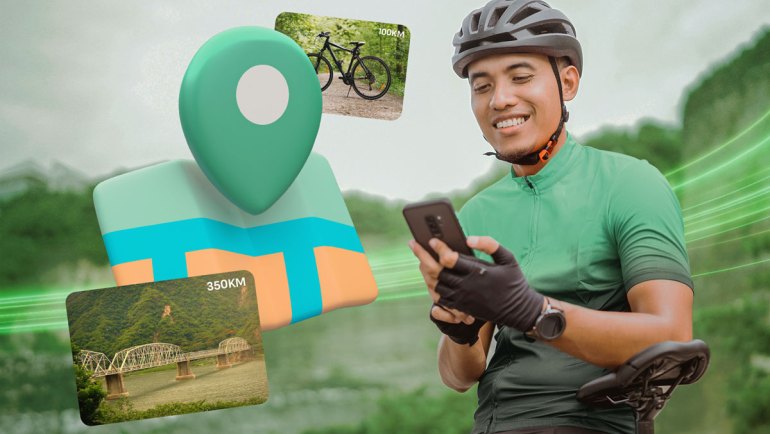Mindfulness is the practice of maintaining awareness, from the way you think, feel, see, and breathe, in every situation.
Oxford Mindfulness Centre describes mindfulness as the way of paying attention to our experience in the present moment, with curiosity, compassion, and acceptance.
While the American Psychological Association discusses it as a moment-to-moment awareness of one’s experience without judgment.
This means that mindfulness is a practice wherein one digests everything without criticism, leaving a blank slate for insights.
It’s all about finding the calm in everyday activities and taking the opportunity to be aware of your thoughts.
How does mindfulness exactly help?
In our current situation, with the pandemic and all, some of us get stressed and distracted whenever something unexpected happens.
We feel angry, frustrated, confused, and scared. Sometimes we feel there’s nothing to look forward to. Some have lost friends, family, jobs, businesses.
Some couldn’t cope with the changes that COVID made – the work or school setting, health guidelines, and even something as simple as going out.
All of these may induce a greater amount of stress and anxiety, which isn’t what we really need right now.
A clinical study made in 2003 highlighted that higher levels of mindfulness showed great results in reducing mood disturbance and stress.
This was further discussed by a study made in 2008, saying that practicing mindfulness may reduce psychological distress which helps with emotion regulation, nonattachment, and reduces rumination.
Another research by Carmody & Baer has also proved that mindfulness based meditation improves well-being.
Practicing mindfulness, especially now, helps us acknowledge the situation and accept it.
By doing this, we see a clearer picture of our problems and possible solutions.
Rather than focusing on negative things that hinder progress, or thinking of the problems that the future brings, we focus on now.
So how can one practice mindfulness?
The first step to applying mindfulness into our daily lives is to make time for mindfulness meditation.
When Jon Kabat-Zinn first introduced the Mindfulness-Based Stress Reduction (initially named Stress Reduction Clinic) in 1979, its goal was to help people reduce stress, chronic pain, and anxiety through mindfulness meditation and yoga.
A great way to start your journey towards mindfulness is to set aside around at least 10 to 45 minutes of your busy schedule to practice mindfulness meditation.
Find the most quiet or peaceful place in your house, sit comfortably, and focus on your breath.
Mindfulness discusses how we often ruminate (dwell on the past) and worry too much for the future.
After starting this exercise, your attention will most likely divert to other thoughts, and that’s normal.
Once this happens, conclude your thought and redirect your focus to your breath.
This practice helps you become more aware of what occupies your mind and in turn, helps you control your immediate judgment towards things that will probably cause stress and anxiety.
Mindfulness can also be practiced throughout your daily activities.
Practicing mindfulness at work can improve your focus and efficiency.
When working, notice how your mind explores other projects or tasks. Whenever you’re distracted, simply bring back your attention to your current activity.
You may also incorporate mindfulness towards interpersonal communication, whether it be towards your colleagues, friends, or family.
Practicing mindfulness communication means staying present in the conversation, carefully listening to what they’re saying without any judgments, and being compassionate.
If you wish to strive towards mindfulness, here are some apps you can use
Start your journey with a 5-day introduction to mindfulness. With an option for timed sessions and push notifications, you can easily build and maintain a routine. The premium version of this app gives you access to 250+ guided sessions from renowned experts.
2. MyLife™
With over 4.5 million downloads, this app was founded with a mission to help build emotional strength and confidence. MyLife offers a tailored mindfulness journey based on the user’s current feelings.
With over 200 topics and 100,000 guided meditations, this app is very useful if you are looking to start practicing mindfulness.
4. 10% Happier
Their range of experts, along with a library of 500+ guided meditations will certainly get you started
With this app, you can schedule your sessions early in the morning and during short breaks throughout your day
Download the Gigalife App to avail of data promos you can use to download these apps and backup your app data so you can track your progress towards mindfulness.



